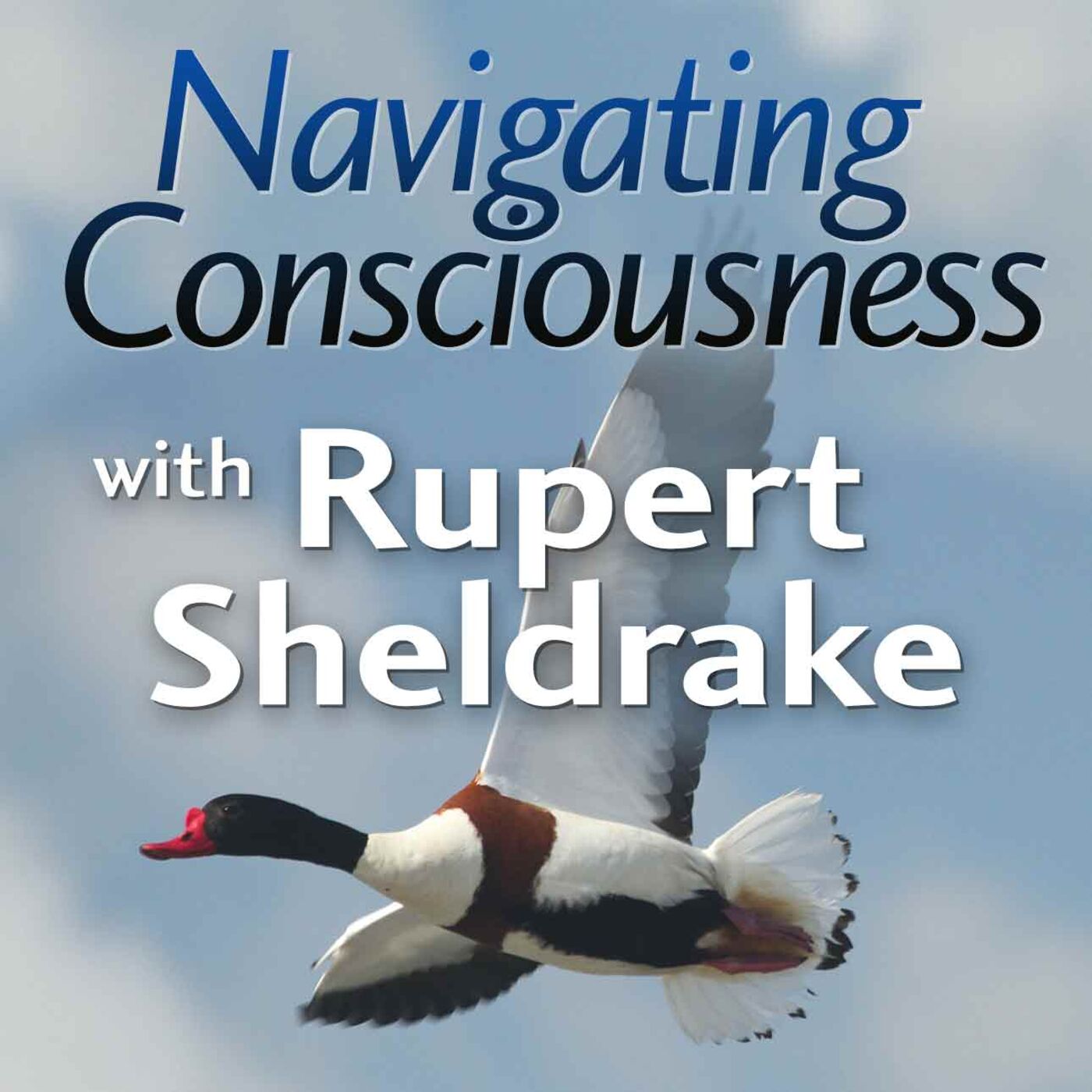- After-Shows
- Alternative
- Animals
- Animation
- Arts
- Astronomy
- Automotive
- Aviation
- Baseball
- Basketball
- Beauty
- Books
- Buddhism
- Business
- Careers
- Chemistry
- Christianity
- Climate
- Comedy
- Commentary
- Courses
- Crafts
- Cricket
- Cryptocurrency
- Culture
- Daily
- Design
- Documentary
- Drama
- Earth
- Education
- Entertainment
- Entrepreneurship
- Family
- Fantasy
- Fashion
- Fiction
- Film
- Fitness
- Food
- Football
- Games
- Garden
- Golf
- Government
- Health
- Hinduism
- History
- Hobbies
- Hockey
- Home
- How-To
- Improv
- Interviews
- Investing
- Islam
- Journals
- Judaism
- Kids
- Language
- Learning
- Leisure
- Life
- Management
- Manga
- Marketing
- Mathematics
- Medicine
- Mental
- Music
- Natural
- Nature
- News
- Non-Profit
- Nutrition
- Parenting
- Performing
- Personal
- Pets
- Philosophy
- Physics
- Places
- Politics
- Relationships
- Religion
- Reviews
- Role-Playing
- Rugby
- Running
- Science
- Self-Improvement
- Sexuality
- Soccer
- Social
- Society
- Spirituality
- Sports
- Stand-Up
- Stories
- Swimming
- TV
- Tabletop
- Technology
- Tennis
- Travel
- True Crime
- Episode-Games
- Visual
- Volleyball
- Weather
- Wilderness
- Wrestling
- Other
The Force of Habit: New Tests for Morphic Resonance
Part of an online course on potential scientific breakthroughs:<br/>https://www.sheldrake.org/online-courses<br/><br/>In this talk Rupert discusses new ways in which the hypothesis of morphic resonance can be tested, including with holistic quantum systems like Bose-Einstein condensates, with new materials like high-temperature superconductors, through experiments on cellular adaptation to toxins and heat stress, in experiments on learning in non-human animals, including nematode worms and fruit flies, and with popular online puzzles like Wordle.<br/><br/>The implications of these tests, if successful, would be very far reaching, and could lead to new understandings of physical phenomena like the melting points of crystals, which would depend on influences from previous similar crystals, rather than on timeless laws. In biology, morphic resonance from past organisms would play an essential role in heredity, in addition to genes and epigenetic modifications of gene expression. In humans, collective memory would facilitate learning and problem-solving, and morphic resonance would underlie what the psychologist Jung called ‘the collective unconscious’.<br/><br/><br/>_References_<br/><br/>Mind, Memory, and Archetype: Morphic Resonance and the Collective Unconscious<br/>https://sheldrake.org/memory<br/><br/>Rat Learning and Morphic Resonance<br/>https://sheldrake.org/rats<br/><br/>The Flynn effect<br/>https://james-flynn.net/<br/><br/>The Sound of a Hidden Order<br/>https://www.nature.com/articles/498041a<br/><br/>A reprogrammable mechanical metamaterial with stable memory<br/>https://www.nature.com/articles/s41586-020-03123-5<br/><br/>Evidence for unconventional superconductivity in twisted trilayer graphene<br/>https://www.nature.com/articles/s41586-022-04715-z<br/><br/>Antiferromagnetic half-skyrmions and bimerons at room temperature<br/>https://www.nature.com/articles/s41586-021-03219-6<br/><br/>Conditioned aversion<br/>https://dictionary.apa.org/conditioned-aversion<br/><br/>An Experimental Test of the Hypothesis of Formative Causation<br/>https://sheldrake.org/rose<br/><br/>Steven Rose's 'A hypothesis disconfirmed' refuted by Rupert<br/>https://sheldrake.org/rose-refuted<br/><br/>The Hill Effect as a Test for Morphic Resonance<br/>https://sheldrake.org/essays/the-hill-effect-as-a-test-for-morphic-resonance<br/><br/><br/>

